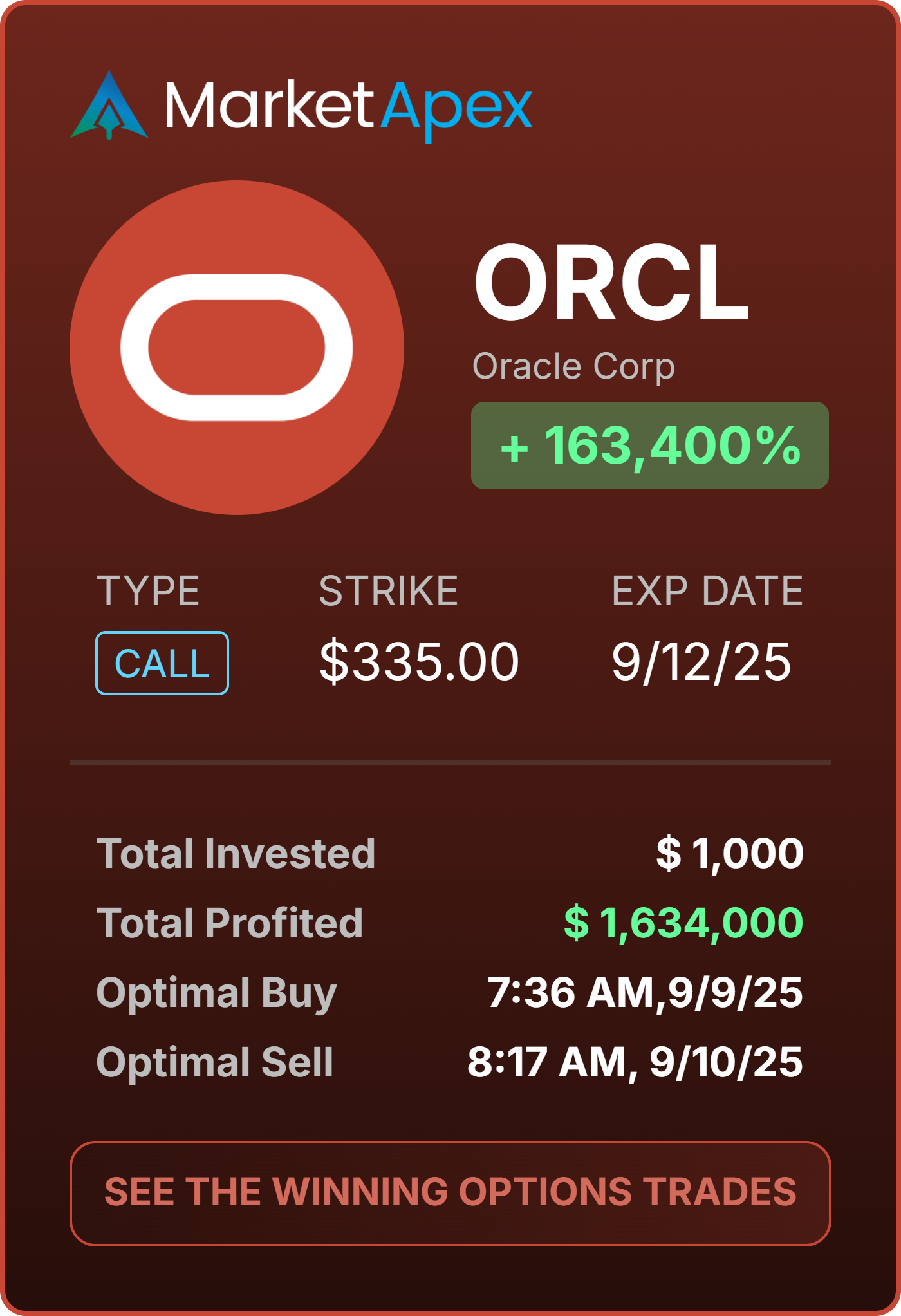What are Stock Options?
Building Block for Understanding Options
Let's pretend that you had a LEGO set you were selling for $1000 dollars. Let's also pretend that me, as someone who was interested in that LEGO set, really liked the pricing you were offering for that set, but I wasn't ready to pull the trigger. Maybe I was waiting for my next paycheck? Or maybe there was another LEGO set I was also looking at? I wasn't ready to commit to buying, but wanted to lock in that price.
Saving For a Later Date
How much money would I have to pay you to “hold” that set for me at that $1000 price? Maybe your gut feeling says you'd hold the set for $20. Or $50. But there's a lot of things for you to think about. First of all, how long would you be holding the set for? 10 days? 30 days? 5 years? What are the storage + insurance costs for storing a LEGO set for 5 years?
And what about the price of the LEGO set? LEGO sets can go up as much as 15% per year, shouldn't you factor that into holding the set for 5 years?
Or what if the opposite happens and the LEGO set is worth pennies in a couple of years, shouldn't you factor in that risk as well? So you take out your calculator, crunch some numbers, do some soul searching, and come up with the table below:
| Hold Time | Hold Fee | LEGO Set Price |
|---|---|---|
| 10 days | $20 | $1000 |
| 30 days | $50 | $1000 |
| 5 years | $400 | $1000 |
I'm a reasonable person, I'm not going to ask you to hold something for 5 years! So I agree to your 30 day terms, draft up all the paperwork, and give you $50. We've now created an options contract for that LEGO set! More specifically, we've created a CALL options contract. Translating the simple day-to-day terms to options terms:
| "LEGO Set Price" | → | Strike Price |
| "Hold time" | → | Expiration Date |
| "Hold fee" | → | Price |
| "Option to Buy" | → | Call Option |
Formally, summing this up, a stock option is a contract between two parties that gives the buyer the right (but not the obligation) to buy or sell a specific stock at a strike price on or before a specific expiration date. Going back to the LEGO set example, one of two things can happen within that 30 day period:
I Decide to Purchase
I will pay you $1000, this is called “Exercising” the contract.
I Decide NOT to Purchase
You're free to list the LEGO set for sale again (or not, whatever you want to do). You keep the $50 hold fee.
Option Types
There are two types of options:
CALL - The right to buy a stock at the strike price before the option expires. This is usually a bet that the stock price will go up.
PUT - The right to sell a stock at the strike price before expiration. This is usually a bet that the stock price will go down.
Fundamentally, that's all stock options are. The complexity of stock options really comes down to how their pricing is determined which is covered in a future blog post. But if you've gotten to this page from somewhere… you're probably more interested in something else.
How Do I Make Money?
Cool… but how do I actually make money off options? On September 9th, 2025, a $1000 investment into an Oracle option would net you $1.63 million dollars overnight. A few weeks later, on October 3rd, a $1000 investment into an AMD option would have made you $1.73 million dollars by the next market open. But how is that possible?


Unlike pricing options contracts for the LEGO set, there's an extremely complicated but well-defined method for pricing stock options contracts. The Black-Scholes equation takes all sorts of inputs like the current stock price, expiration date of the contract, the strike price, expected volatility of a stock, U.S. Treasury rates, even dividend payments for the stock, and spits out a price for the contract.
But because options follow a strict pricing model, and are “as fair as possible”, that means radical unexpected changes in the price of a stock, like an unexpectedly good quarterly earnings or announcing a partnership with OpenAI can skyrocket the price of options.
So perhaps the market isn't pricing how often your little cousin is playing Roblox? Or it hasn't noticed your circle of friends are all buying new iPhones? Or that your fire department using cool new eVTOLS to save people? (but it probably has…)
